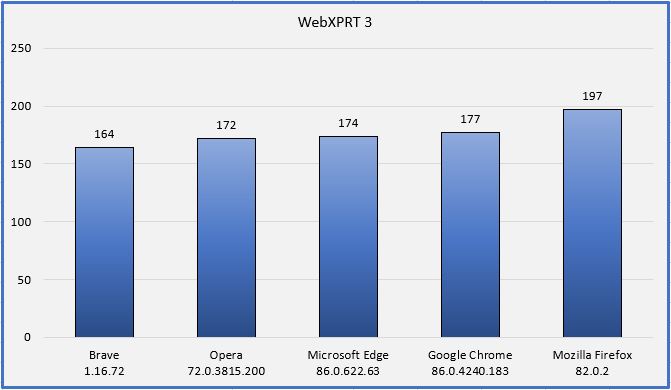CrXPRT users may remember that back in 2022, we discussed the ChromeOS team’s decision to end formal support for Chrome Apps and instead focus on Chrome extensions and Progressive Web Apps. This decision meant that we would not be able to publish any future fixes or updates for CrXPRT 2, although moving forward, we weren’t sure how it would affect the app’s functionality.
After receiving a lot of feedback regarding their original timeline, the ChromeOS team decided to extend Chrome App support for Enterprise and Education account customers through January 2025. Because we publish CrXPRT through a private BenchmarkXPRT developer account, we assumed at the time that the support extension would not apply to CrXPRT.
Recently, the ChromeOS team released new information about their scheduled support timeline. Now, they plan to end formal support for all user-installed Chrome Apps in July 2025 (Chrome 138). In February 2028, the Chrome 168 release will mark the end of life for all Chrome Apps.
The good news is that—in spite of a lack of formal ChromeOS support over the past couple of years—the CrXPRT 2 performance and battery life tests have continued to run without any known issues. As of today, the app functions normally up through the Beta release of ChromeOS version 132.0.6834.52.
We will continue to run the benchmark on a regular basis to monitor functionality, and we will disclose any future issues here in the blog and on CrXPRT.com. We hope the app will continue to run both performance and battery life tests well into the future. However, given the frequency of Chrome updates, it’s difficult for us to predict how long the benchmark will remain viable.
If you have any questions about CrXPRT, please let us know!
Justin













